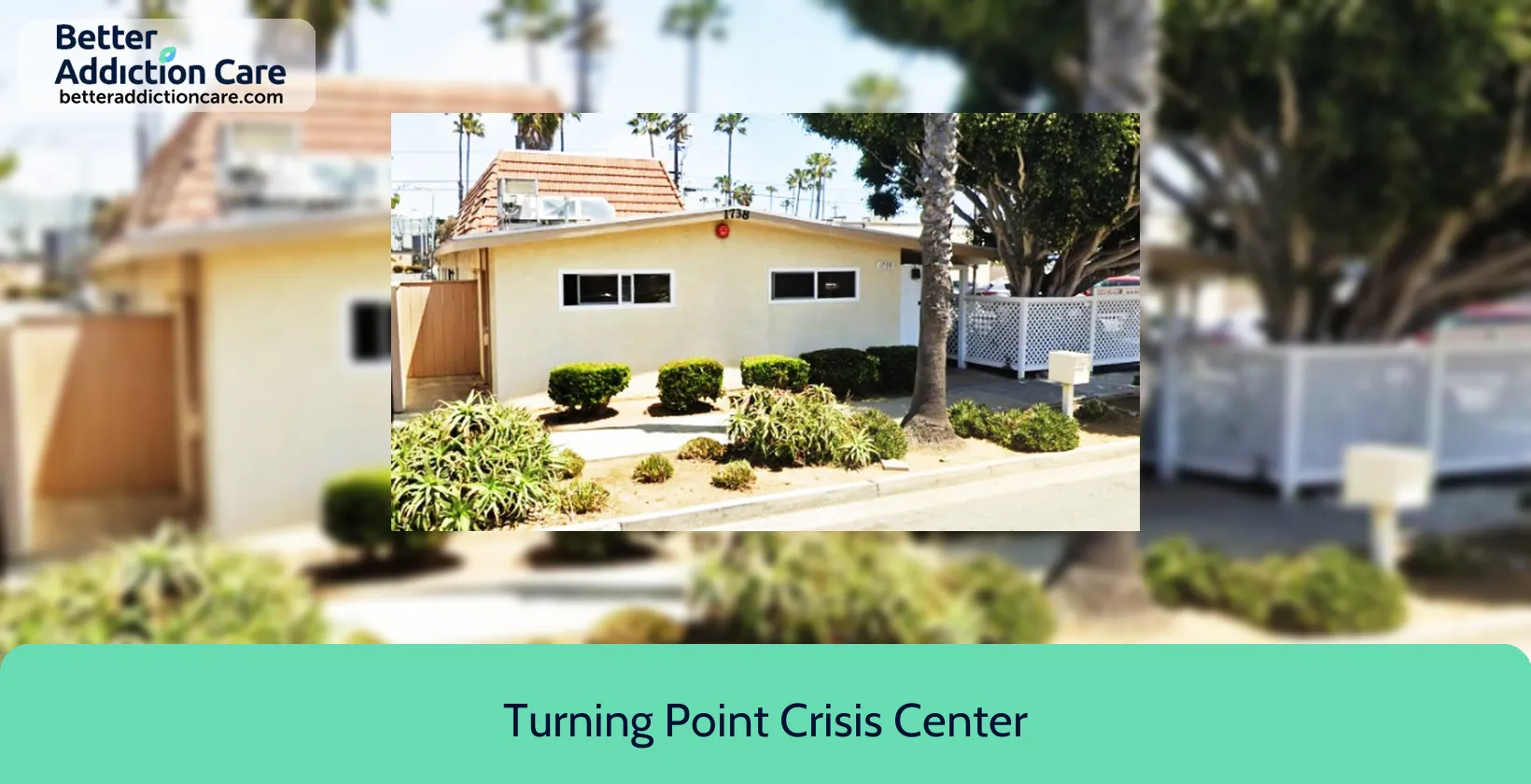Community Research Foundation

Overview
Community Research Foundation is an substance abuse treatment center that provides inpatient treatment for men and women from 18+ years of age. As part of their special programs, Community Research Foundation treats clients who have experienced trauma. To help patients achieve sobriety, Community Research Foundation provides intake assessments. Afterward, patients receive individual psychotherapy, cognitive behavioral therapy, and dialectical behavior therapy during treatment. Community Research Foundation is located in San Diego, California, providing treatment for people in San Diego County, accepting medicaid, private health insurance, and cash or self-payment.
Community Research Foundation at a Glance
Payment Options
- Medicaid
- Private health insurance
- Cash or self-payment
- State-financed health insurance plan other than Medicaid
- State mental health agency (or equivalent) funds
Assessments
- Comprehensive mental health assessment
- Comprehensive substance use assessment
Age Groups
- Adults
- Young adults
Operation
- Private for-profit organization
Highlights About Community Research Foundation
6.65/10
With an overall rating of 6.65/10, this facility has following balanced range of services. Alcohol Rehabilitation: 8.00/10, Drug Rehab and Detox: 6.00/10, Insurance and Payments: 6.00/10, Treatment Options: 6.61/10.-
Alcohol Rehabilitation 8.00
-
Treatment Options 6.61
-
Drug Rehab and Detox 6.00
-
Insurance and Payments 6.00
Treatment At Community Research Foundation
Treatment Conditions
- Mental health treatment
- Substance use treatment
- Co-occurring Disorders
Care Levels
- Hospital inpatient treatment
Treatment Modalities
- Individual psychotherapy
- Cognitive Behavioral Therapy
- Dialectical Behavior Therapy
- Group counseling
- Experiential Therapy
Ancillary Services
Languages
- Sign language services for the deaf and hard of hearing
- Spanish
Special Programs
- Clients who have experienced trauma

Additional Locations
Contact Information
Read our Most Recent Article About Drug Addiction
DISCLAIMER: The facility name, logo and brand are the property and registered trademarks of Community Research Foundation, and are being used for identification and informational purposes only. Use of these names, logos and brands shall not imply endorsement. BetterAddictionCare.com is not affiliated with or sponsored by Community Research Foundation.










